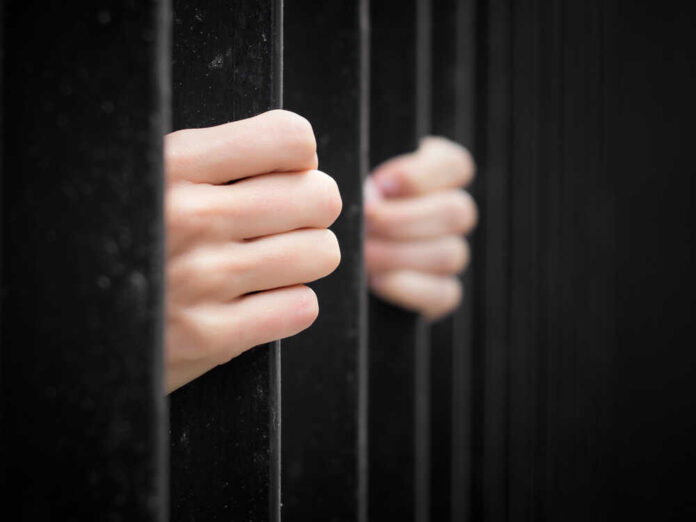
Elizabeth Holmes, the disgraced former CEO of Theranos, is attempting to overturn her fraud conviction from behind bars in a Texas prison.
On Tuesday, a panel of judges spent hours contemplating multiple legal issues that Holmes has raised in her appeal attempt.
The hearing was held in an appeals court in San Francisco almost two-and-a-half years after Holmes was convicted by a jury of orchestrating a scam for testing blood at her company, Theranos. Her story — which was eventually made into a TV series — ended up being representative of hubris and greed throughout Silicon Valley.
Theranos was a startup from Palo Alto, California, founded by Holmes in 2003 not long after she dropped out of Stanford University. She was seeking to revolutionize the health-care industry with her company.
Theranos grabbed the attention of the medical world and big-time investors because Holmes convinced them that the company’s devices could scan for hundreds of diseases with just a few drops of blood. So many people signed on to invest — and the company landed big contracts — that Holmes’ personal net worth was valued at $4.5 billion at one point.
President Joe Biden, who was serving as vice president at the time, even called Holmes “an exemplar of U.S. ingenuity.”
Holmes is servicing her sentence of 11 years in a prison in Bryan, Texas.
While Holmes didn’t attend the hearing, her parents did, as did Billy Evans, her partner who’s the father of her two children.
The three federal prosecutors who were presenting their case on behalf of the Department of Justice during the original trial sat in the courtroom audience as well, according to an ABC News report.
The news outlet reported that the three judges of the appeals court didn’t give many clues as to which way they were leaning in regards to whether they’d overturn or uphold the conviction.
On multiple occasions, they did point out that it would be necessary for them to be presented with compelling evidence if they were to throw out the conviction from the jury.
According to ABC News, the judge who seemed to be the most torn on the issues was Ryan Nelson. He showed some sympathy when Amy Saharia, Holmes’ attorney, detailed how the outcome of the trial deserved to be scrutinized closely because the jury had acquitted her of four counts of conspiracy and fraud, and also wasn’t able to reach a verdict on three additional counts.
Before the hearing was adjourned, judge Jacqueline Nguyen said the court would be issuing its ruling in “due course,” though she didn’t provide a timeline for that to happen.
At times, appeals courts take anywhere from a few weeks to more than a year before they issue rulings on appeals that involve a criminal conviction.
In the meantime, Holmes will stay in prison. She’s not scheduled for release until August of 2032, which would be earlier than her full sentence due to the good behavior she’s exhibited behind bars thus far.





























